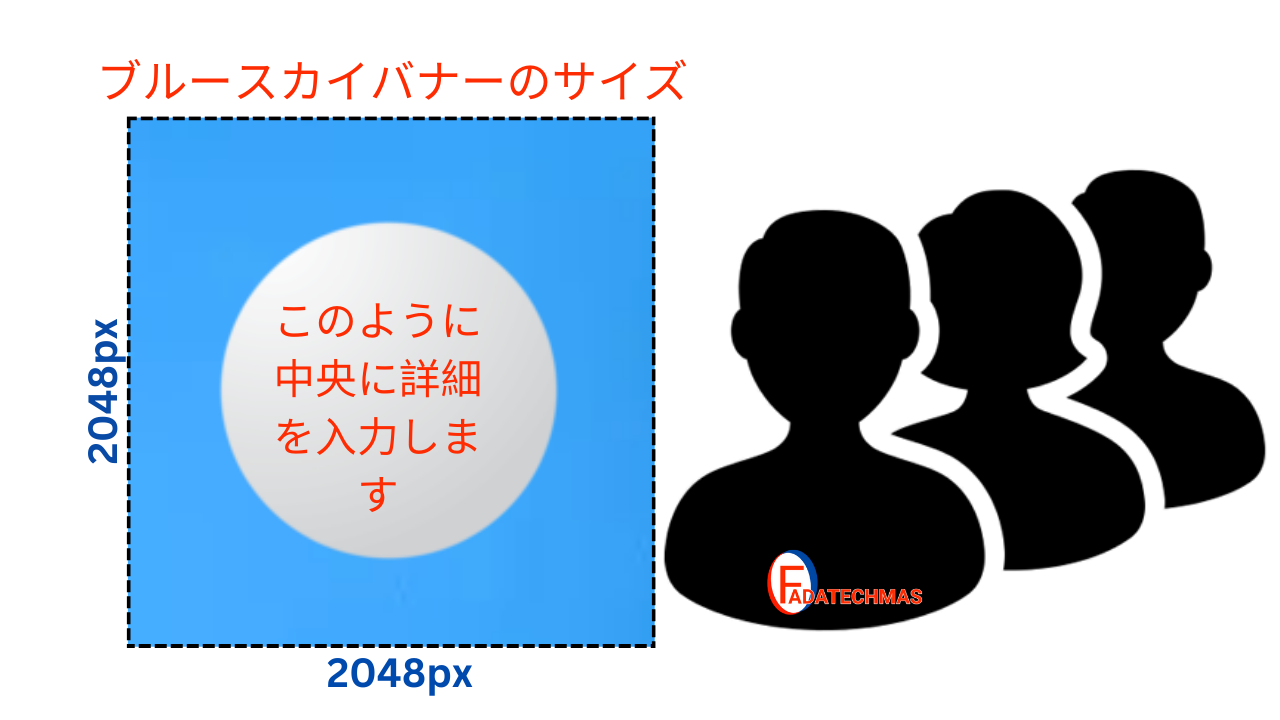What's Bluesky Monetization Strategy?
In the realm of social media, where privacy concerns and data exploitation have become prevalent, a team of visionaries is embarking on a mission to develop an open and decentralized public conversation platform. Known as Bluesky, this public benefit corporation aims to build a sustainable service that fosters an enduring open ecosystem. To kick-start their endeavor, Bluesky recently secured an impressive $8 million seed round investment, signaling their commitment to realizing this ambitious vision and exploring innovative business models.
The journey of Bluesky began as a project funded and supported by Twitter, maintaining a close relationship even after the team's incorporation as a separate entity. However, with changes in Twitter's ownership, the relationship between the two entities was severed, rendering Bluesky's original plan of building the AT Protocol to support Twitter no longer viable.
In response to this challenge, Bluesky took the initiative to develop its own client app, focusing on driving adoption and advancement of the AT Protocol. Transitioning from a public benefit limited liability company (LLC) to a public benefit corporation (C Corp) last summer marked a significant milestone for Bluesky's independence from its past associations.
This transition also paved the way for securing funding from a diverse group of values-aligned investors who share the vision of an open and decentralized commons for public conversation. The seed round, led by Neo, a community-led firm with notable partners such as Ali Partovi and Suzanne Xie, attracted a remarkable cast of additional investors including industry veterans like Joe Beda, co-creator of Kubernetes, and Bob Young of Red Hat, among others.
The infusion of $8 million in funding will empower Bluesky to expand its team, manage operational and infrastructure costs, and nurture the AT Protocol ecosystem along with the Bluesky app. Recognizing the significance of transparency, Bluesky has made its source code for both the protocol and the client publicly available.
Similarly, the company aims to be forthcoming about its business plans and will experiment with different strategies and services to ascertain their value to users. By sharing their insights and experiences, Bluesky hopes to build a sustainable social network that caters to the evolving needs of its community.
Distinguishing itself from traditional social media platforms that rely heavily on advertising, Bluesky intends to forge a fundamentally different path. While advertising may provide short-term revenue and offer free services to users, it often comes at the cost of user privacy and lock-in. Instead, Bluesky envisions a business model where users own their data and have the freedom to leave the platform at any time. Advertising cannot be the dominant revenue stream for Bluesky due to its commitment to user data sovereignty.
With this in mind, Bluesky has been exploring alternative avenues for monetization. Their first step in a different direction is introducing paid services, starting with custom domains. Although setting up a custom domain for use with Bluesky and the AT Protocol requires some familiarity with domain registrars and DNS settings, over 13,000 users have already embraced this opportunity. These users have either repurposed domains they already owned as handles or purchased new domains solely because of Bluesky's offerings. Custom domains hold immense potential in providing personalized identities and decentralized reputation verification that builds upon the existing web infrastructure.
In a strategic collaboration, Bluesky has partnered with Namecheap, a renowned domain registrar, to offer a seamless domain purchasing and management service. This partnership allows users to set a custom domain as their handle on Bluesky and the AT Protocol within minutes. Namecheap's reputation for safeguarding users against unauthorized domain transfers and protecting domain names aligns perfectly with Bluesky's commitment to user-centricity and a more open internet. To learn more about the straightforward process of obtaining a custom domain through Bluesky, refer to their comprehensive product announcement.
As Bluesky embarks on its journey to develop a sustainably open social network, the team's commitment to transparency and user empowerment shines through. With their recently secured seed funding, strategic partnerships, and innovative approach to monetization, Bluesky is poised to redefine the landscape of social media, offering users a platform that prioritizes their privacy, autonomy, and meaningful public conversations.
Frequently Asked Questions About Bluesky
1. What is Bluesky's mission?
Bluesky aims to develop an open and decentralized public conversation platform to address privacy concerns and data exploitation in the realm of social media.
2. How much funding did Bluesky secure in its seed round?
Bluesky recently secured an impressive $8 million in seed round investment.
3. Why did Bluesky transition from a limited liability company to a public benefit corporation?
The transition from a limited liability company to a public benefit corporation marked a significant milestone for Bluesky's independence from its past associations and allowed them to secure funding from values-aligned investors.
4. Who led the seed round investment for Bluesky?
The seed round was led by Neo, a community-led firm with notable partners like Ali Partovi and Suzanne Xie.
5. How does Bluesky plan to utilize the $8 million in funding?
The funding will enable Bluesky to expand its team, manage operational and infrastructure costs, and nurture the AT Protocol ecosystem and the Bluesky app.
6. What is Bluesky's approach to transparency?
Bluesky believes in transparency and has made the source code for both the protocol and the client publicly available.
7. Why can't advertising be the dominant revenue stream for Bluesky?
Bluesky envisions a business model where users own their data and have the freedom to leave the platform at any time, which conflicts with the data-driven advertising model used by traditional social media platforms.
8. What alternative avenue for monetization is Bluesky exploring?
Bluesky is exploring paid services as an alternative avenue for monetization.
9. What is the first paid service offered by Bluesky?
Bluesky's first paid service is the option to use custom domains, which allows users to personalize their identities and facilitates decentralized reputation verification.
10. How many users have already embraced the use of custom domains on Bluesky?
Over 13,000 users have already embraced the opportunity to use custom domains on Bluesky.
11. What is the benefit of partnering with Namecheap?
Bluesky has partnered with Namecheap, a renowned domain registrar, to offer a seamless domain purchasing and management service. Namecheap's reputation for protecting domain names aligns with Bluesky's commitment to user-centricity and a more open internet.
12. How can users obtain a custom domain through Bluesky?
Users can obtain a custom domain through Bluesky by following the straightforward process outlined in their comprehensive product announcement.
13. What are Bluesky's goals for building a sustainable social network?
Bluesky aims to build a sustainable social network that caters to the evolving needs of its community, prioritizing privacy, autonomy, and meaningful public conversations.
14. How does Bluesky differ from traditional social media platforms?
Bluesky differentiates itself from traditional social media platforms by focusing on openness, decentralization, and user data ownership, instead of relying heavily on advertising and user data exploitation.
15. Why did Bluesky develop its own client app?
Bluesky developed its own client app to drive adoption and advancement of the AT Protocol after their relationship with Twitter, the original intended client, was terminated.
16. What is the AT Protocol?
The AT Protocol is a protocol developed by Bluesky to support open and decentralized public conversation.
17. How does Bluesky ensure user privacy and data ownership?
Bluesky's commitment to user privacy and data ownership is embedded in its business model, which allows users to own their data and have the freedom to leave the platform at any time.
18. How does Bluesky plan to share insights and experiences with its community?
Bluesky plans to be forthcoming about its business plans and will experiment with different strategies and services, sharing what they learn along the way to build a sustainable social network.
19. What is the significance of custom domains on Bluesky?
Custom domains on Bluesky provide personalized identities and decentralized reputation verification, enhancing the user experience and fostering a more open and customizable online presence.
20. What are the core values of Bluesky's partnerships?
Bluesky seeks partnerships with organizations that share its values of user-centricity, transparency, and a commitment to an open internet.



.gif)
.jpg)
.png)




.gif)

.jpg)